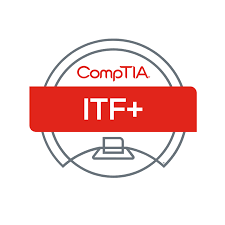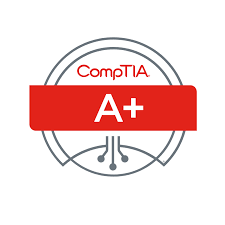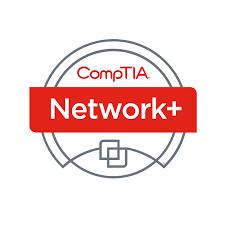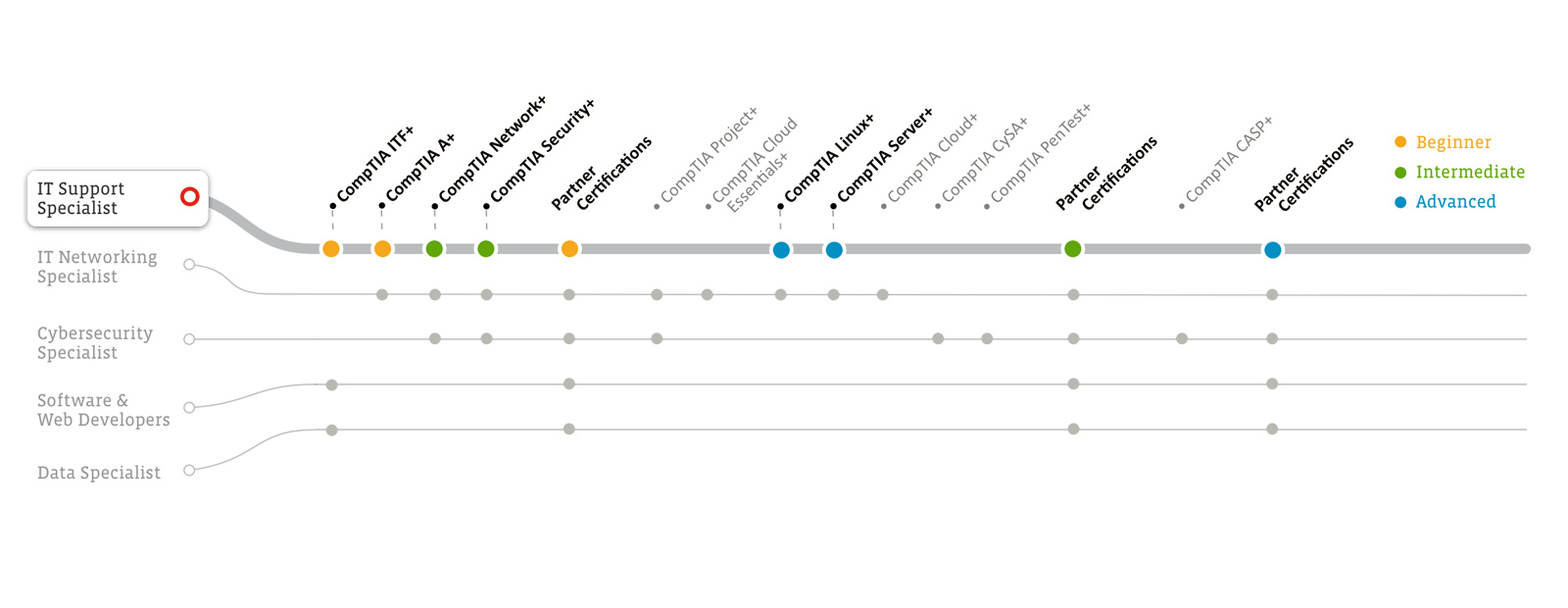Looking to start an IT Technician career? Would you like to become a certified IT Technician with knowledge of computer software, enjoy rapid career growth, earn salary levels well above the national average, and have the opportunity to advance your career? Then, discover the list of the best IT Technician courses for beginners, 2023.
Finding IT Jobs in 2023
As a network engineer, you can either work for an IT company, where you will monitor the network and computers of the client company and sometimes the company's own. IT Technicians are typically on staff, which means they respond to problems by driving to the clients, dealing with their concerns about IT, and then returning to the office. Additionally, IT companies may outsource their IT Technicians to clients for an extended period, for example, months or years.
Companies, schools, and colleges may also hire their own IT Technicians to provide in-house network and desktop support. Increasingly, IT Technicians can also perform various tasks remotely as remote support becomes more and more possible.
General information technology workers are employed by general companies and IT firms to:
- Install and maintain computer systems and networks
- Develop education systems
- Services related to data processing, hosting, and related technologies
- Telecom
What the future holds for IT Technicians
In an era of increasing cyber attacks, top concerns for IT executives and hiring managers will remain secure. Information security executives report finding it difficult to locate good talent, despite actively seeking professionals with such skills. The move signifies an opportunity for technology professionals to upgrade their cyber security certifications and skills. Among the most sought-after skills in computer security are those that are involved with IT operations security, mobile device security, risk management, and information assurance, as well as network and cloud/virtualisation security.
By 2030, GetApp predicts that IT will be focused on delivering innovative products and services in order to provide strategic business value. The reality is that traditional IT departments with their traditional silos and processes do not have the speed and adaptability that are needed to capitalize on digital business opportunities.
AI jobs in particular demand include data scientists, computer vision engineers, machine learning engineers, AI designers, AI product managers, and AI architects. The tech fairness movement will generate more jobs.
As organizations navigate new realities, it is becoming increasingly evident that there is a growing digital divide between those already on the path of transformation and those still trying to keep pace.
Businesses must transform to deliver products, services, and experiences at speeds that customers expect in order to survive (let alone thrive). As a result, IT and technology applications must be reimagined in the business to run at market speed. IT can make this possible through the Market Speed Operating Model. As a result of its agility, flexibility, and scalability, it is able to adapt to changing business needs and market demands.
How much is an IT Technician salary in the UK?
The pay salaries for IT Support Technicians vary based on their experience level and their location.

According to IT Jobs Watch (Last updated August 2022), the average base salary for IT Support professionals is around £26,000 nationally and climbs to an average of £33,850 for the 90th percentile. In addition to common company professional development assistance, some IT Technicians receive other benefits.
What does an IT Technician do?
IT Technicians either provide general support for a company's desktops and printers and/or provide network support for its clients. The role or job description of an IT Technician in network installation entails installing routers and switches, as well as installing cabling. Regularly monitoring networks makes sure they are running smoothly and no issues are slowing down the performance.
Identifying and fixing computer hardware issues is the function of an IT professional. Additionally to installing and configuring computers, IT Technicians provide technical support within organizations.
Computer support technicians install computers as well as other PC hardware like printers and copiers and provide support for operating systems and other software. Also, they allow computers and laptops to communicate with each other and with server programs over a network. Occasionally, technicians also train staff members on new software and systems for use when troubleshooting computer problems.
With more experience, a technician can monitor servers, perform backups, and run system checks. As a senior network technician, you are also responsible for designing networks, configuring switches, and configuring routers.
A qualified IT Technician is responsible for:
- Adding computers and peripherals to workstations (routers, printers, etc).
- Hardware testing (hard disks, mouse, keyboard, etc.)
- Setting up software
- Developing and maintaining local networks
- Keeping computers and networks safe
- Orienting and guiding users on new software and equipment
- Maintaining your system without distracting others
- Debugging, repairing or replacing equipment (debugging).
- Keeping maintenance logs and records
- Ordering equipment that is short-handed
- Install and configure hardware and software.
- Fixing hardware and software problems.
- Safety in electrical work.
- Hardware replacement or repair.
- Upgrade all computers to enable compatibility.
- Maintaining user security with antivirus software.
- Conducting software and hardware tests.
- Providing support and reporting errors to users.
- Establishing strong relationships with all colleagues.
- Backing up daily.
- Providing technical documentation.
What IT Technician courses do I need?
IT Technicians often interface with people and technology. The job requires us to introduce new technology and troubleshoot IT-related issues.
IT Technician courses can vary and career paths may differ in many ways. Most technicians have some practical knowledge of computers and networks while others do not have any formal training. Formal education, on the other hand, may impress employers. IT Technicians can follow these career paths:
1. Earn your high school diploma. To become an IT Technician, you need a high school diploma. If your school offers computer-related courses, you should consider taking them. For example, schools offer classes in computing and operating systems.
2. Get a bachelor's or associate's degree. Although formal education is not a necessity to become an IT Technician, it will improve your chances of landing a job. These degrees cover fields such as system administration, network administration, and database administration, networking, technical support, database administration, and IT security relevant to the job. Additionally, you can earn a Bachelor's degree in Information Technology Systems, which covers topics like operating systems, database administration, networking, and programming during its four years of study.
3. Obtain professional certification. IT Technician courses and certificates in networking, desktop support, cybersecurity, and compliance are among the most sought-after. The majority of IT Technician certification courses are non-college credit courses. Below, we will discuss some of the certification courses available.
4. Learn by doing.
Which IT technican courses are best for 2023?
In addition to formal training and certification, real-world experience can provide you with the skills you need to successfully work as an IT professional. Ask a senior engineer or IT Technician if you can shadow them.
Interested in a career in IT? Trying to figure out what to study in 2023? Here are some of the top IT Technician courses or certifications in demand today:
CompTIA IT Fundamentals

This new CompTIA IT Fundamentals exam covers the knowledge and skills needed to understand and explain concepts and details related to computing, IT infrastructure, software development, and database usage. This version comes with the addition of the + to further distinguish ourselves within the market and represent the quality and standards of CompTIA.
CompTIA ITF+ will help you determine if this is the field for you.
CompTIA A+ certification

This CompTIA A+ course demonstrates your competence in supporting an IT infrastructure. We are able to support and configure popular operating systems like Windows, Linux, and Mac, and mobile operating systems like Android and iOS, as well as modern computer hardware.
CompTIA Network+ certification

An CompTIA Network+ certification certifies an individual's abilities to implement and design networks, configure network devices, and manage network security.
Almost a decade ago, technology spending outside of IT amounted to just 20 percent of overall technology spending; at the end of the decade, that figure is expected to reach almost 90 percent, according to Gartner. Using these technologies requires that workers have fundamental IT skills.



